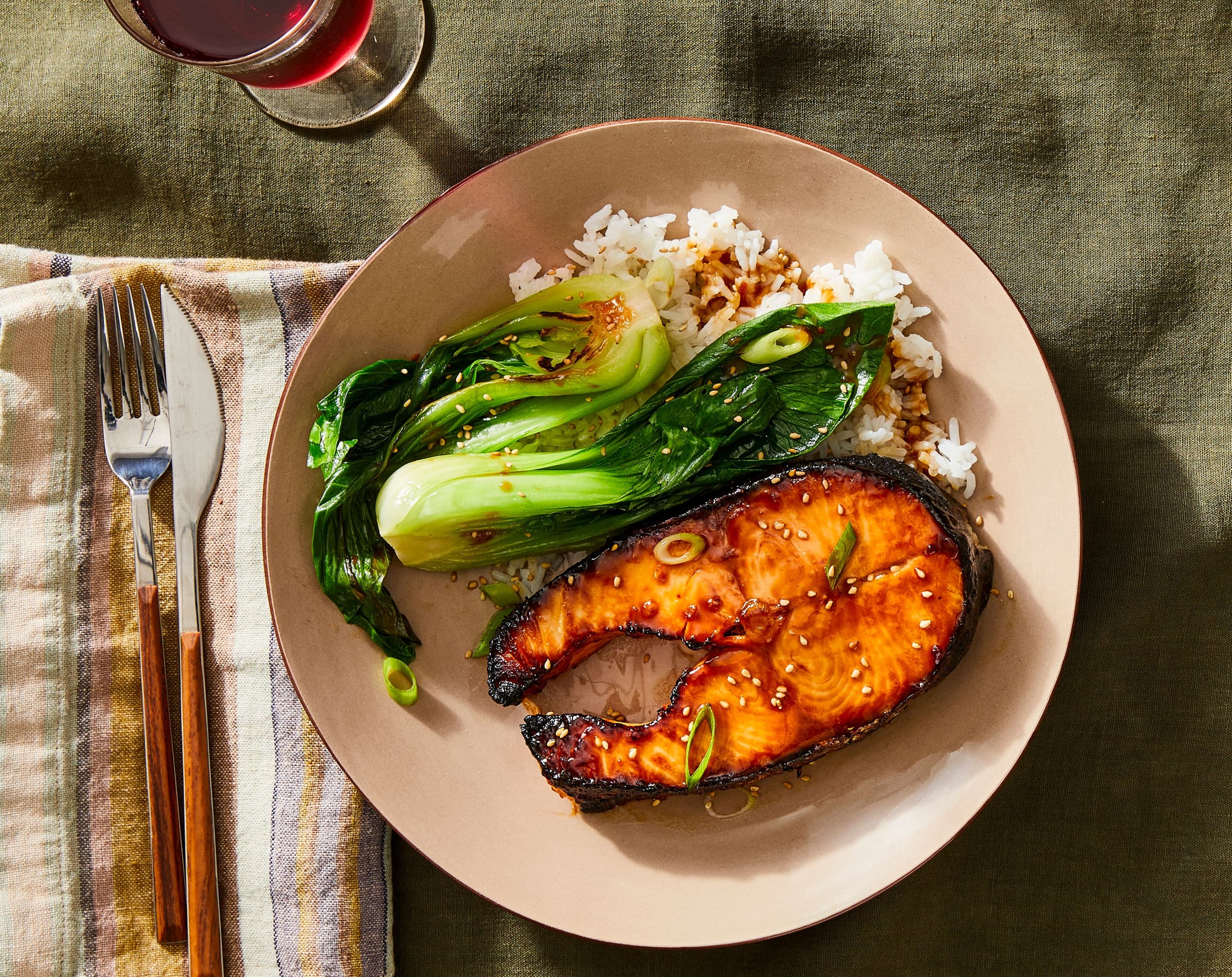National Heart Month
As part of our ongoing pursuit of health and wellness — for ourselves and the planet — we’ve chosen wild-caught, sustainably-sourced fish and seafood as a primary source of protein.
Not only is it delicious, but fish provides many valuable nutrients our bodies need like beneficial omega-3 fats, complete high-quality proteins, and essential vitamins and minerals.
Omega-3 fatty acids DHA and EPA are exclusively found in fish and shellfish and are immensely important for a healthy heart. These fatty acids help reduce inflammation, blood pressure, and heart rate, all of which can lower the risk of death from heart attack or stroke. Other vital nutrients include vitamins D and B12 which support immune systems and better brain function. But National Brain Awareness month is June and this is February.
Sablefish (black cod), albacore tuna, and salmon, especially king salmon, are the best sources of omega-3s at nearly 1500 mg for a 3-ounce serving. Just for perspective, Pacific cod has about 70 mg. However, they also contain small amounts of saturated fats, which lean white fish do not.
Heart health looks different for everyone and depends on a variety of factors: genetics, fitness levels, smoking, occupation, eating habits, and more. Paradoxically, France has a low incidence of heart disease despite the high intake of saturated fats. Some reckon it’s the antioxidants and tannins in red wine as well as a relatively high consumption of fruits and vegetables. According to the National Institute of Health, recent findings from large clinical trials on saturated fats do not support the idea that saturated fats affect cardiovascular disease or cardiovascular mortality.
Does this mean I can eat as much butter, cheese, and cream as I want? I don’t know. But I do know that I enjoy a meal more and am more likely to make myself something delicious and nutritious if I don’t worry about that too much. Fat makes you feel fuller and more sated. A pat of butter in a lemony pan sauce or a dollop of full-fat yogurt stirred into raita is not going to tip the scales, no pun intended, one way or the other. Afterall, we’re eating wild-caught, omega-3 packed seafood and washing it all down with a few sips of antioxidant-rich wine. Julia Child put it best when she said “Moderation in all things, including moderation.”
From my happy heart to yours,
Grace
p.s. I’m not a doctor or nutritionist, so if you have any concerns about your own health and well-being, chat with your doctor about what’s best for you.


